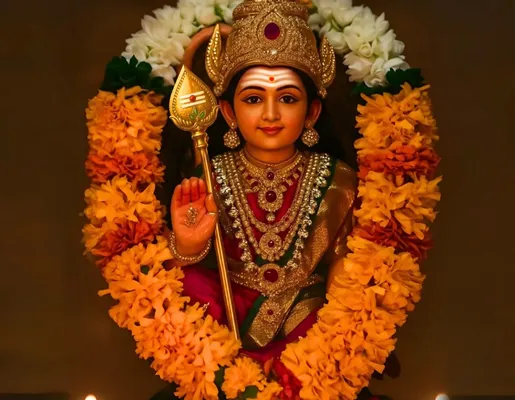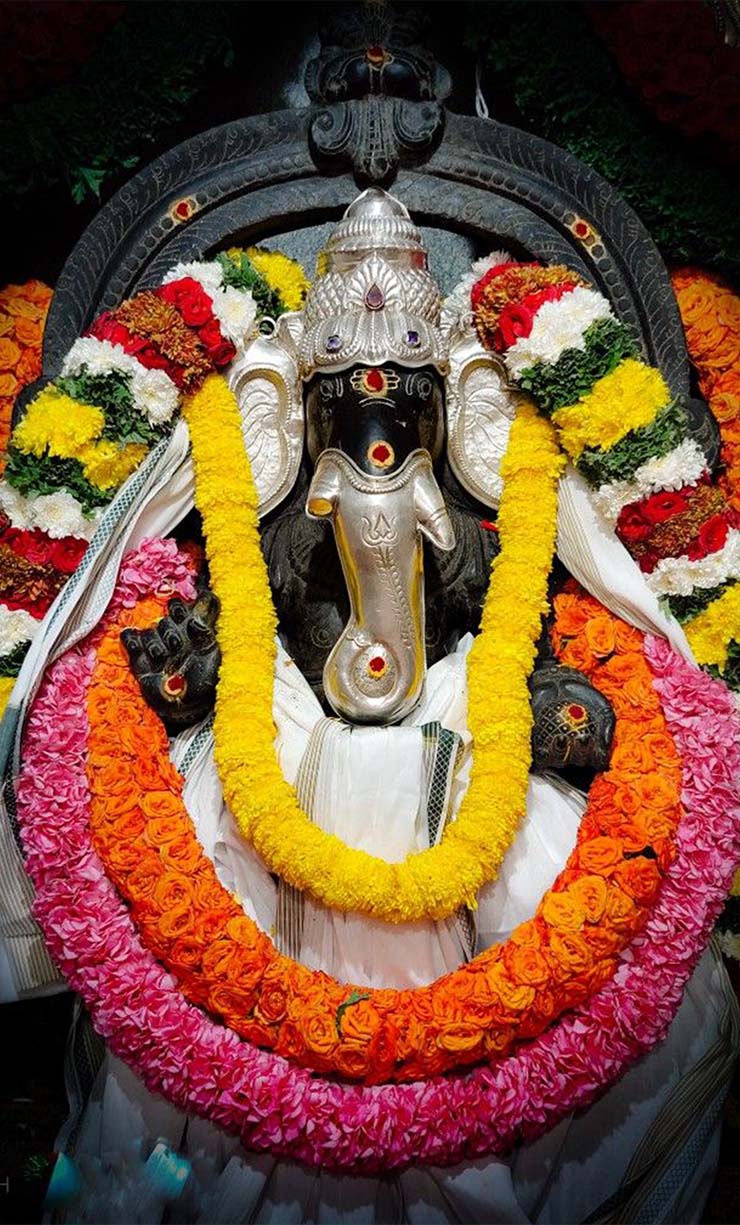ஸ்ரீ முருகன் கோவில் வோட்டர்லூ மற்றும் சமூக மையம், ஒன்டாரியோ, கனடா.
Sri Murugan Temple Waterloo Region and Community Center, Ontario, Canada.
ಶ್ರೀ ಸುಬ್ರಹ್ಮಣ್ಯ ಸ್ವಾಮಿ ದೇವಸ್ಥಾನ, ವಾಟರ್ಲೂ ಪ್ರದೇಶ.
శ్రీ సుబ్రహ్మణ్య స్వామి దేవాలయం, వాటర్లూ ప్రాంతం
Thai Poosam is a major festival dedicated to Lord Murugan, observed on the full moon day of the Tamil month of Thai when the moon aligns with the star Pusam. It marks the day Goddess Parvati gifted Murugan the divine Vel, enabling him to defeat the demon Surapadman.
The festival symbolizes devotion, sacrifice, and renewal. Devotees fast, take vows, and join processions as acts of penance and surrender, seeking blessings for courage and clarity. Thai Poosam reminds worshippers that with faith and purity of heart, light prevails over darkness.
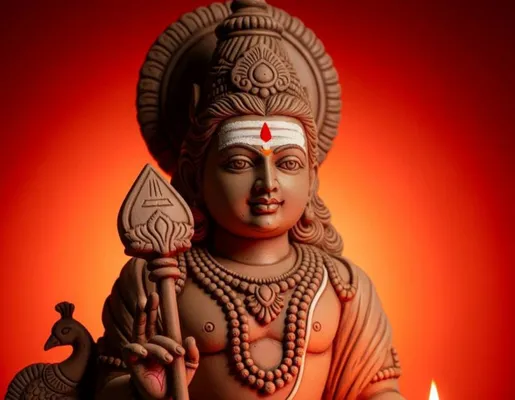
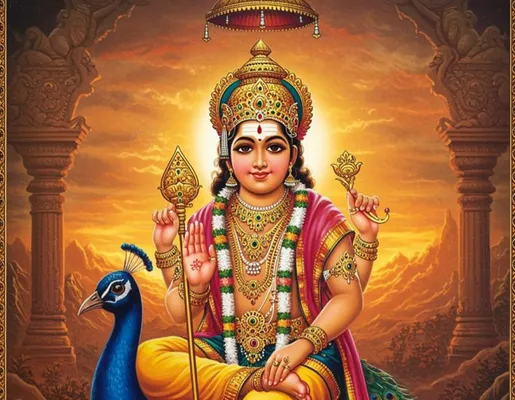
Archanai during Thai Poosam involves chanting Murugan’s names, offering prayers, and performing rituals centered around the Vel, a symbol of divine justice and inner transformation.
A key practice is carrying Kavadi or Milk Pots (Paal Kudam). Devotees may carry simple pots or elaborate kavadi adorned with peacock feathers, often while fasting or walking barefoot. These vows represent penance, surrender, and purification in devotion to Murugan.
Annadhaanam, the offering of food, is an essential part of Thai Poosam. After rituals and processions, devotees and visitors are served a simple vegetarian meal (prasadam) blessed at the temple.
This sacred act emphasizes selfless service (seva) and community spirit. By sharing food without distinction, the temple fosters humility, gratitude, and unity among all participants.
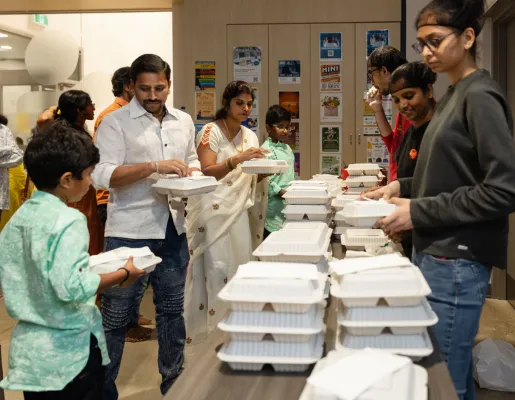
Ubhayam refers to combined offerings, allowing devotees to take part in multiple acts of devotion such as sponsoring a milk pot, carrying a kavadi, requesting Archanai, or joining Annadhaanam.
This dual approach blends external acts like offerings with internal practices like prayer and fasting. It deepens the experience of Thai Poosam, making it not just ritual, but a meaningful path of spiritual growth.
